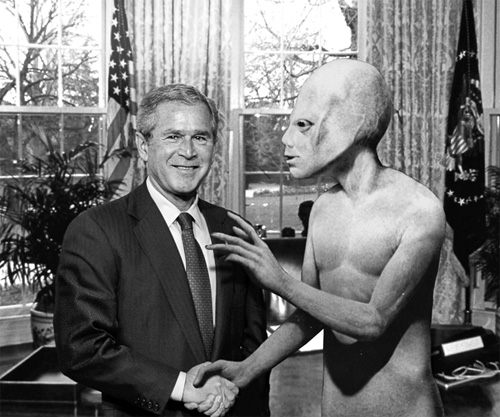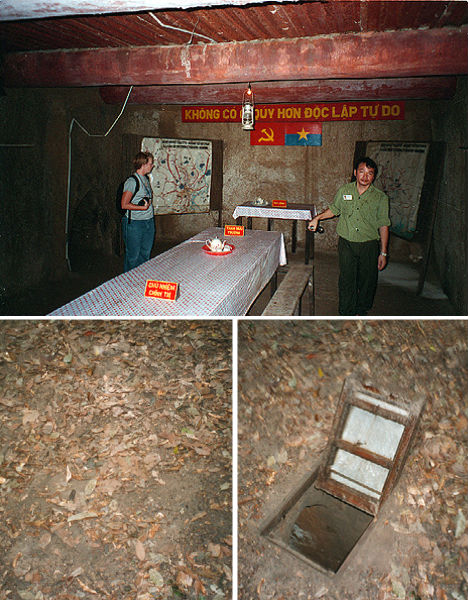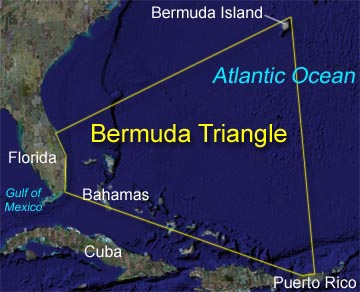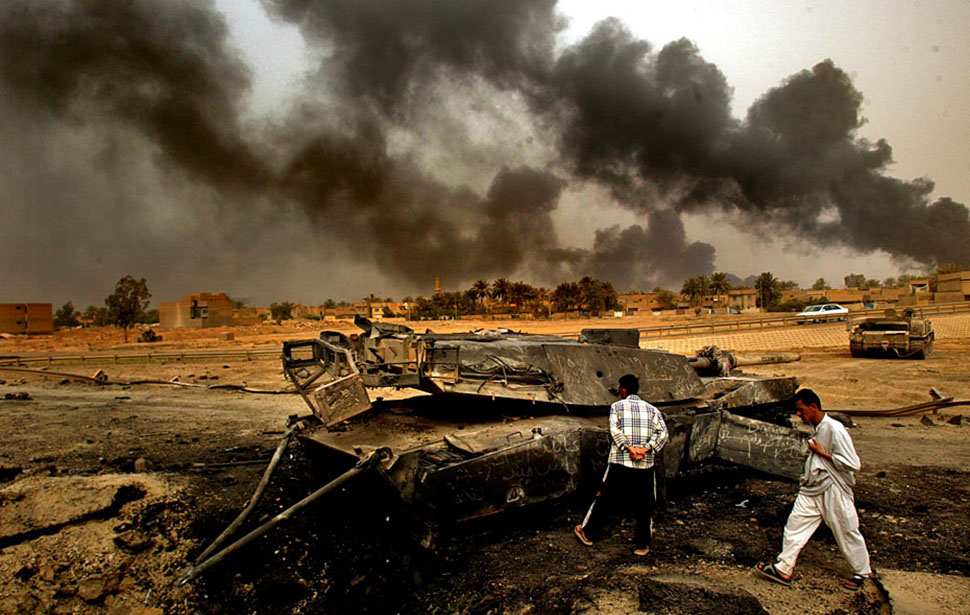
The Iraq War was a protracted armed conflict that began with the 2003 invasion of Iraq by a United States-led coalition. The invasion regime toppled the government of Saddam Hussein. However, the conflict continued for much of the next decade as an insurgency emerged to oppose the occupying forces and the post-invasion Iraqi government. An estimated 151,000 to 600,000 or more Iraqis were killed in the first 3–4 years of conflict. The United States officially withdrew from the country in 2011 but became re-involved in 2014 at the head of a new coalition; the insurgency and many dimensions of the civil armed conflict continue.
The invasion began on 20 March 2003, with the U.S., joined by the United Kingdom and several coalition allies, launching a “shock and awe” bombing campaign. Iraqi forces were quickly overwhelmed as U.S. forces swept through the country. The invasion led to the collapse of the Ba’athist government; Saddam was captured on December 2003 in Operation Red Dawnand executed by a military court three years later. However, the power vacuum following Saddam’s demise and the mismanagement of the occupation led to widespread sectarian violence between Shias and Sunnis as well as a lengthy insurgency against U.S. and coalition forces. The United States responded with a troop surge in 2007 to attempt to reduce the violence. The U.S. began withdrawing its troops in the winter of 2007–08. The winding down of U.S. involvement in Iraq accelerated under President Barack Obama. The U.S. formally withdrew all combat troops from Iraq by December 2011.
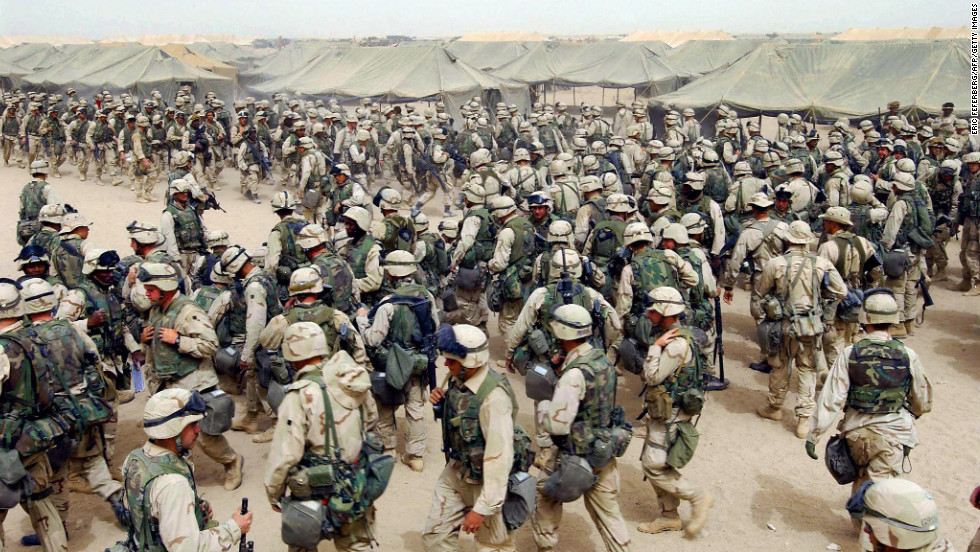
The Bush administration based its rationale for war principally on the assertion that Iraq possessed weapons of mass destruction (WMDs) and that Saddam’s government posed an immediate threat to the United States and its coalition allies. Select U.S. officials accused Saddam of harboring and supporting al-Qaeda, while others cited the desire to end a repressive dictatorship and bring democracy to the people of Iraq. After the invasion, no substantial evidence was found to verify the initial claims about WMDs. The rationale and misrepresentation of pre-war intelligence faced heavycriticism within the U.S. and internationally.
As a result of the war, Iraq held multi-party elections in 2005. Nouri al-Maliki became Prime Minister in 2006 and remained in office until 2014. The al-Maliki government enacted policies that were widely seen as having the effect of alienating the country’s Sunni minority and worsening sectarian tensions. In the summer of 2014, the Islamic State of Iraq and the Levant(ISIL) launched a military offensive in Northern Iraq and declared a worldwide Islamic caliphate, eliciting another military response from the United States and its allies. The Iraq War caused hundreds of thousands of civilian, and thousands of military casualties (see estimates below). The majority of casualties occurred as a result of the insurgency and civil conflicts between 2004 and 2007.
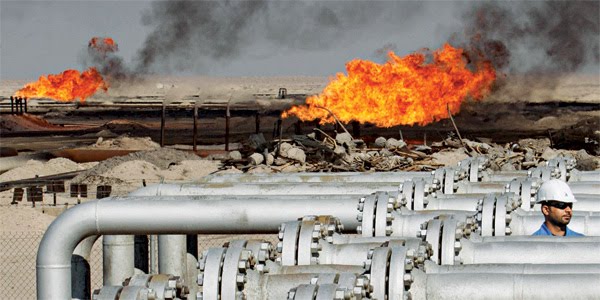
The War on Iraq, filmmaker Robert Greenwald chronicles the Bush Administration’s determined quest to invade Iraq following the events of September 11, 2001. The film deconstructs the administration’s case for war through interviews with U.S intelligence and defense officials, foreign service experts, and U.N. weapons inspectors — including a former CIA director, a former ambassador to Saudi Arabia and even President Bush’s Secretary of the Army. Their analyses and conclusions are sobering, and often disturbing, regardless of one’s political affiliations.
The american people are starting to realise how much the Bush administration kept secret, and how they lied on the reasons for war
Originally posted 2016-02-28 16:27:50. Republished by Blog Post Promoter

![Iraq-conspiracy1[1]](https://coolinterestingnews.com/wp-content/uploads/2016/02/iraq-conspiracy11.jpg)





